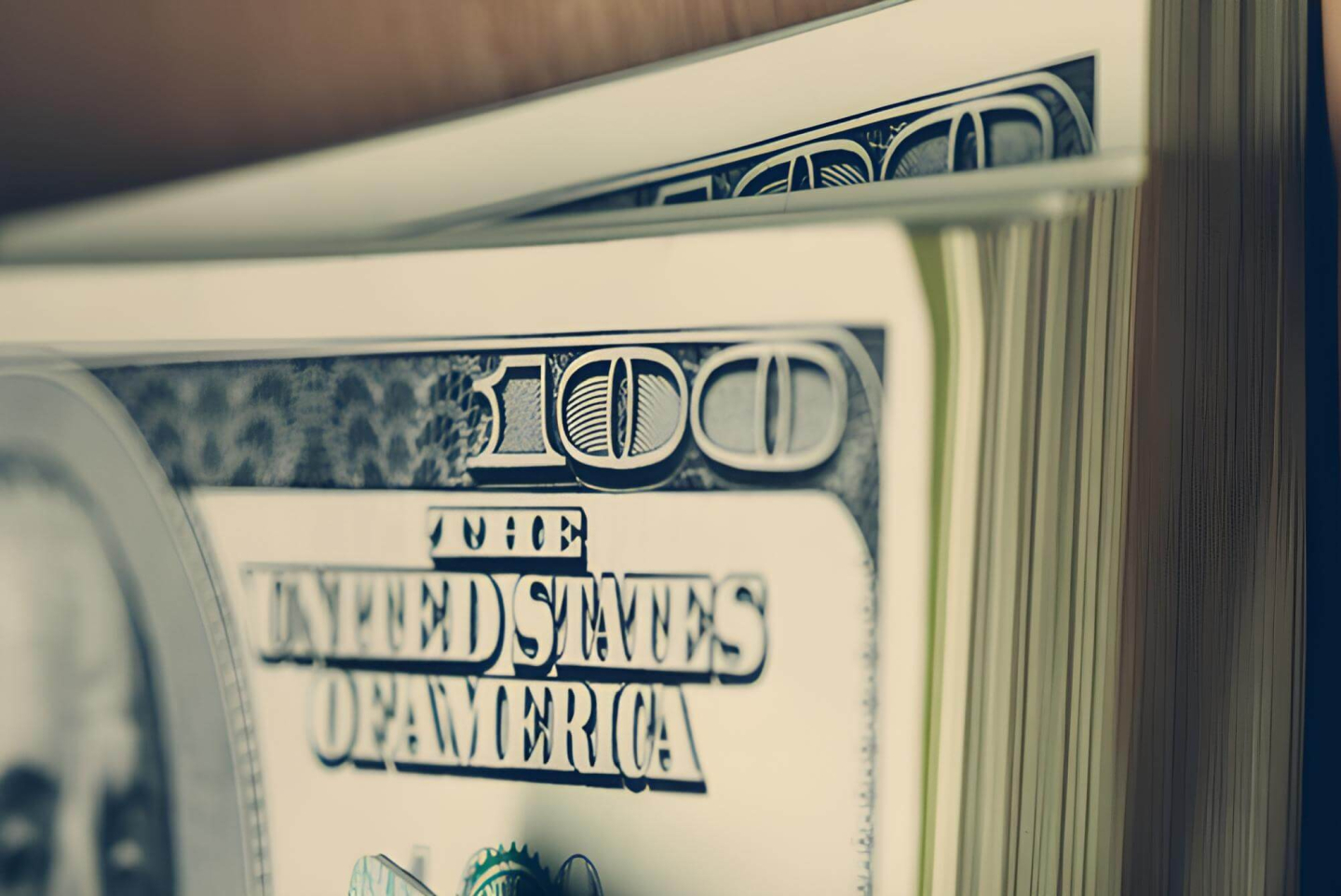The US dollar is exceptionally weak, recording its worst half-year performance since 1973 – since the beginning of 2025, it has already lost about 10% of its value against major currencies. The main reasons for this weakness are Donald Trump's unpredictable economic and trade policies, growing concerns about the increase in US public debt, and increasing pressure on the Federal Reserve to quickly lower interest rates. Investors are increasingly assuming that the Fed will begin to ease monetary policy as early as September, which further weakens the attractiveness of the dollar, and that rates will fall by a total of 75 basis points by the end of the year (70.36% chance as priced by the swap market).
Source: CME FED
As a result, the euro strengthened against the dollar by almost 14% in the first half of the year, and the dollar also lost ground against other major currencies such as the Swiss franc and the yen.
Such a sharp decline in the value of the dollar reflects a profound loss of investor confidence in US economic policy.
The Japanese yen is benefiting from the collapse of the dollar, and the Japanese currency is additionally supported today by higher Tankan data for industry, which indicate that activity in the industrial sector is higher than expected (13 points vs. the expected 10 points).
The USDJPY pair is extending its long-term upward trend today and is moving towards multiple lows near 142.035, which are an important support barrier. The pair is losing nearly 0.8% today.
Source: xStation

Daily Summary - Powerful NFP report could delay Fed rate cuts

BREAKING: Massive increase in US oil reserves!

US OPEN: Blowout Payrolls Signal Slower Path for Rate Cuts?

BREAKING: US100 jumps amid stronger than expected US NFP report


